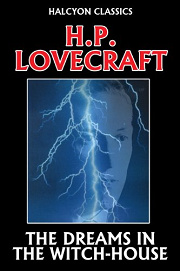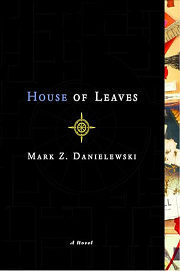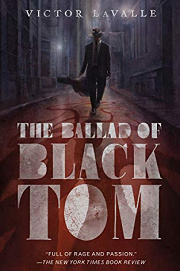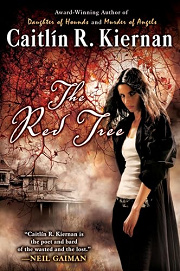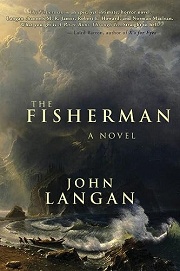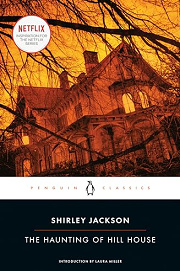Share your thoughts in a quick Shelf Talk!
The Dreams in the Witch House by H. P. Lovecraft
In a creaking Arkham boarding house, a student of mathematics discovers that certain angles open doors best left closed. As dreams bleed into waking horrors, The Dreams in the Witch House summons cosmic dread from the geometry of the unknown.
Have you read this book? Share what you liked (or didn’t), and we’ll use your answers to recommend your next favorite read!
Love The Dreams in the Witch House but not sure what to read next?
These picks are popular with readers who enjoyed this book. Complete a quick Shelf Talk to get recommendations made just for you! Warning: possible spoilers for The Dreams in the Witch House below.
In The Dreams in the Witch House, did you enjoy ...
... labyrinthine geometry, shifting spaces, and reality-warping architecture?
House of Leaves by Mark Z. Danielewski
If Walter Gilman’s fixation on impossible angles and his night forays through non-Euclidean spaces grabbed you, you’ll get the same vertigo from the ever-changing corridors of the Navidson house in House of Leaves. The way hallways stretch, rooms appear and vanish, and measurements refuse to add up echoes Gilman’s discovery that a mere angle can open onto the infinite. You’ll feel that same mounting dread as maps fail, doors lie, and a home becomes a portal to elsewhere.
... forbidden rites and cosmic entities bleeding into early‑20th‑century reality?
The Ballad Of Black Tom by Victor LaValle
Keziah Mason’s rituals, Brown Jenkin’s whisperings, and the sense that a simple room in Arkham can host something vast and hungry all find a powerful echo here. In The Ballad of Black Tom, Tommy Tester is drawn into occult music and ceremonies that crack open the skin of the world—much like Gilman’s witch-light journeys—until ancient powers answer. It delivers the same chill of dangerous spellcraft practiced in boardinghouses and city flats, where the price of knowledge is blood.
... a solitary researcher unearthing New England folklore and a house’s malignant history?
The Red Tree by Caitlín R. Kiernan
If you loved following Gilman’s late‑night research at Miskatonic, scribbling over grim tomes to decode Keziah Mason’s angles, The Red Tree mirrors that obsessive inquiry. Writer Sarah Crowe moves into a rural Rhode Island house and digs into a manuscript about a sinister tree, piecing together diaries, legends, and clues as reality frays—just as Gilman’s scholarship opens a door to something predatory. That sense of investigation turning into a trap is front and center.
... an intimate, grief-driven descent into cosmic horror tied to a cursed place?
The Fisherman by John Langan
Gilman’s ordeal feels intensely personal—one man, one shabby room, an ancient witch—yet it opens onto infinity. The Fisherman strikes the same note: two grieving men find a fishing spot with a history of impossible losses, and a story within the story broadens into abyssal myth. As with Gilman’s dream-voyages across black gulfs, the quiet, human-scale sorrow becomes a doorway to something older and fathomless waiting beneath the surface.
... a real-world haunted house whose architecture and presence erode a vulnerable mind?
The Haunting of Hill House by Shirley Jackson
If the everyday setting of Arkham—thin walls, creaking floors—made Keziah Mason’s rites feel more terrifyingly plausible, The Haunting of Hill House channels that same intrusion of the uncanny into the ordinary. Eleanor Vance’s stay in a very real house turns insidious as its angles and nights pressure her psyche, much like Gilman’s lodging becomes a conduit for witch-lights and whispers. The supernatural keeps one foot in our world, making every knock in the dark matter.
Unlock your personalized book recommendations! Just take a quick Shelf Talk for The Dreams in the Witch House by H. P. Lovecraft. It’s only a few questions and takes less than a minute.
